Google Adsense
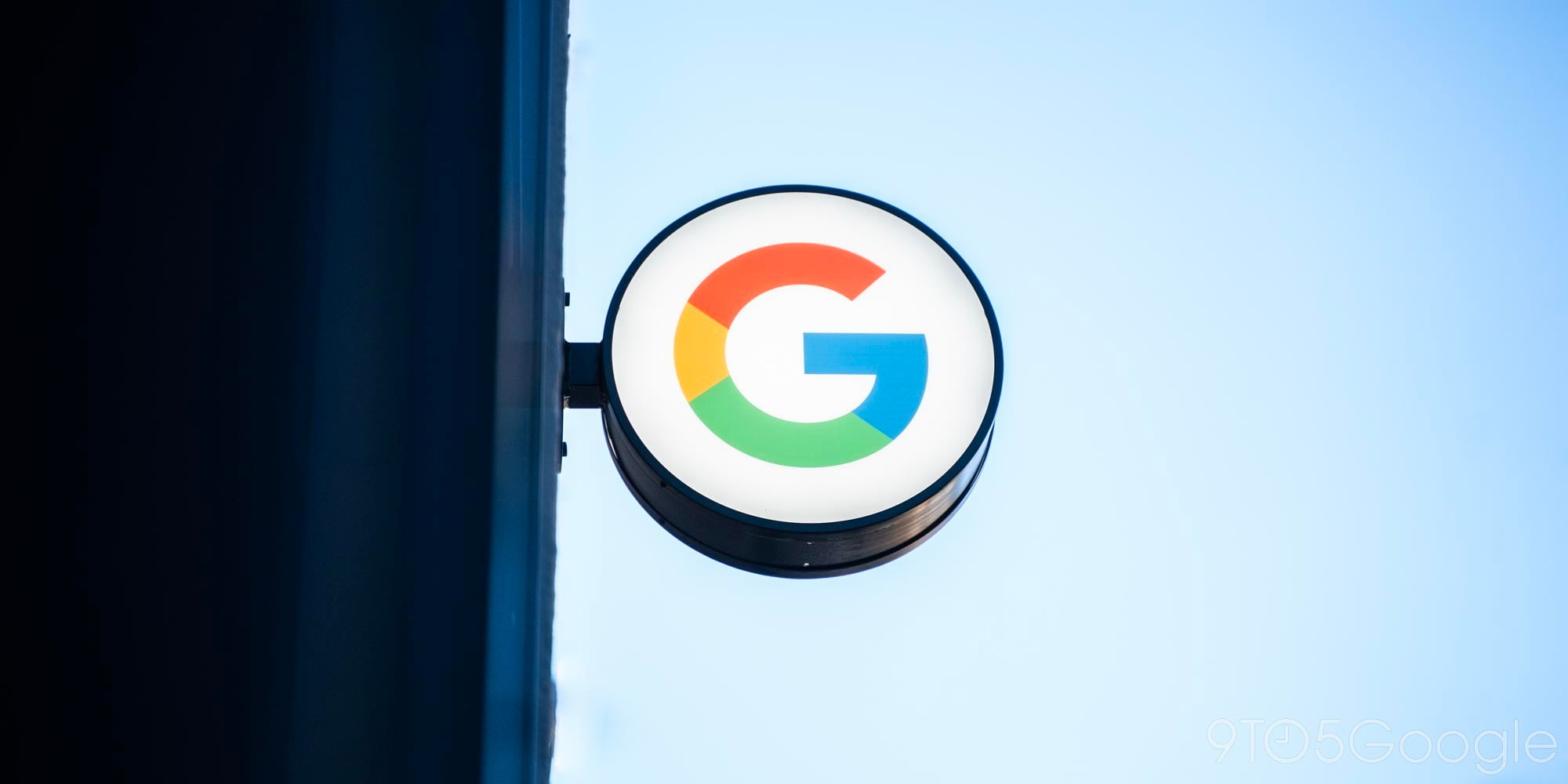
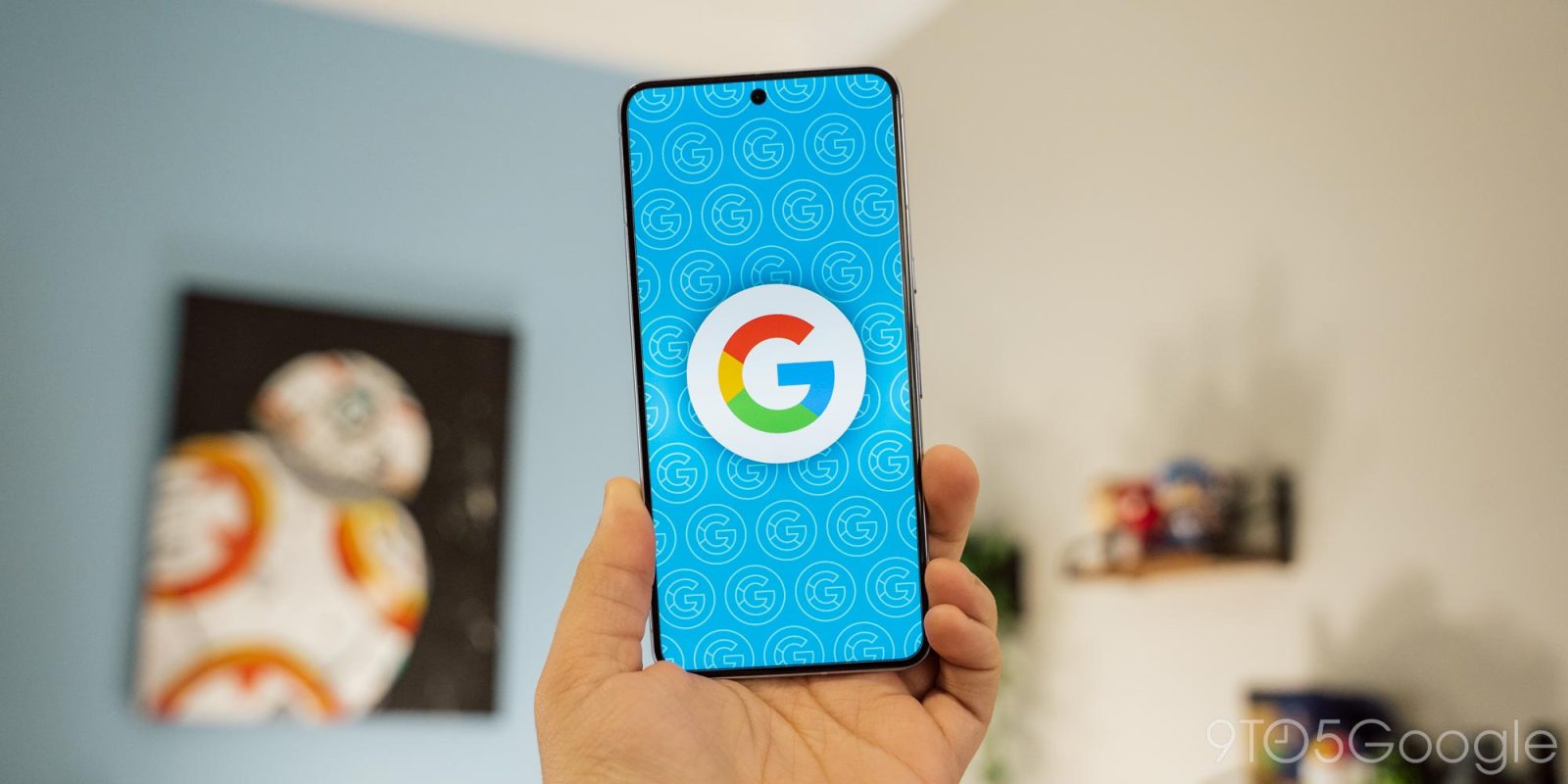
Google AdSense is debuting a new format for websites that converts existing text on a site into a shortcut for Google Search.
Expand Expanding Close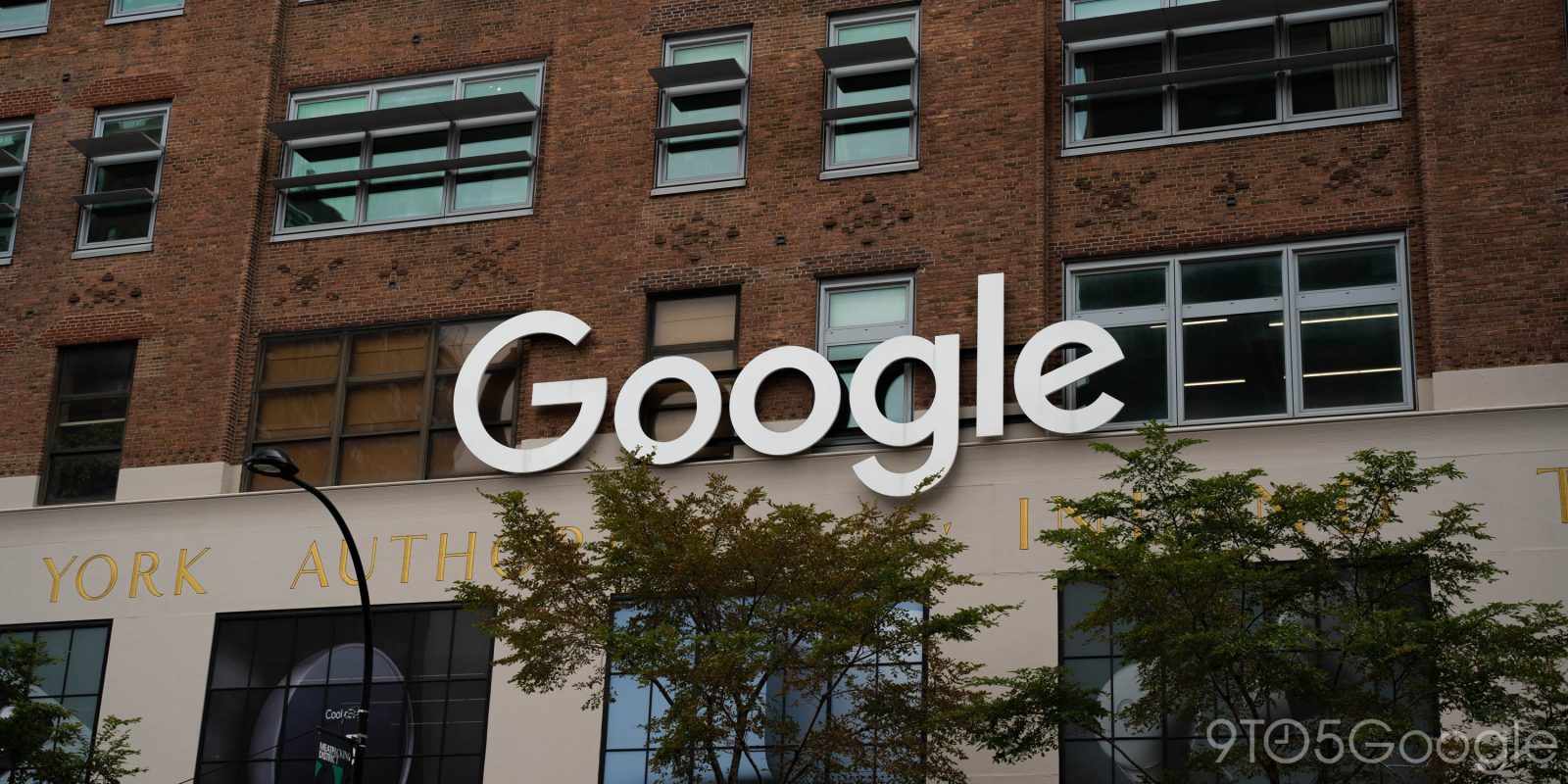
Last Friday, several Google products saw outages, but the company’s ad products were among the most hard hit with reporting delays for several hours. Now, Google has confirmed another reporting outage for AdSense, Google Ads, and some other products.
Expand Expanding Close
Google AdSense helps monetize millions of websites, making it a crucial tool for many. This morning, though, some were left in shock as the AdSense dashboard was suddenly down, leaving publishers and site owners unable to check their earnings or manage ads.
Expand Expanding Close
Google today informed users and ad buyers alike that AdSense for Content, Video, and Games is switching to first-price auctions in the coming months.
Expand Expanding Close
Back in 2019, Google said it was “sunsetting” AdSense for Android and iOS, with users told to just check their online advertising earnings on the website. That said, the native Android app continued to work just fine until this week, but it’s now completely dead.
Expand Expanding Close
Google AdSense is one of the easiest ways to monetize a website, but the platform is about to say goodbye to one of its ad formats. Starting next year, Google AdSense will drop its link unit ads.
Expand Expanding Close
Google AdSense helps pay millions of online personalities and publications, but even it is not immune to Google’s feature removals. Later this month, Google AdSense is removing its “ad balance” feature.

Last year, Google announced that it would kill off the AdSense apps for Android and iOS in exchange for an upgraded mobile web experience. While the apps have lasted longer than we expected, Google has today officially removed both from their respective app stores.

KrebsOnSecurity today brought to light a bitcoin ransom scam that threatens publishers and websites using AdSense advertising. Google for its part underplayed the threat by noting “safeguards in place to prevent sabotage from succeeding.”

Google maintains a sprawling advertising network and has already made moves in the past to consolidate products. The latest improvement is aimed at simplifying the publisher experience in AdSense, AdMob, and Ad Manager by better explaining where advertising can appear.

AdSense allows publishers to easily place advertising on their sites, with Google offering mobile apps to track views and revenue. Google today announced that it is killing the Android and iOS clients, with the web positioned as an upcoming alternative.

Ads continue to be Google’s key revenue driver, with the company today more widely announcing “important changes” for AdSense publishers. Google is working to modernize its advertising products by phasing out text-only ads, making all units responsive, and more.

With AdSense, publishers can designate a space on their site for Google to serve advertising that is relevant to the visitor’s interests. The popular service this evening is currently facing an outage where estimated earnings, page views, and other metrics are not updating.

For millions of sites around the web, Google AdSense is a primary source of income. Today, Google has quietly given the AdSense dashboard a redesign with its new Material Theme.

Over the past several years, Google has faced a handful of antitrust fines in Europe from Search to of course Android. The latest is focussed on its AdSense advertising business, with a penalty expected in the coming weeks.

If you’re an AdSense publisher, you’ve probably noticed some celebratory balloons flying through your dashboard this morning. That’s because Google is celebrating AdSense’s 15th birthday.
Expand
Expanding
Close

Google’s latest product to benefit from the application of machine learning is AdSense. Specifically, the online advertising service is leveraging it “to make smart placement and monetization decisions on your behalf.”
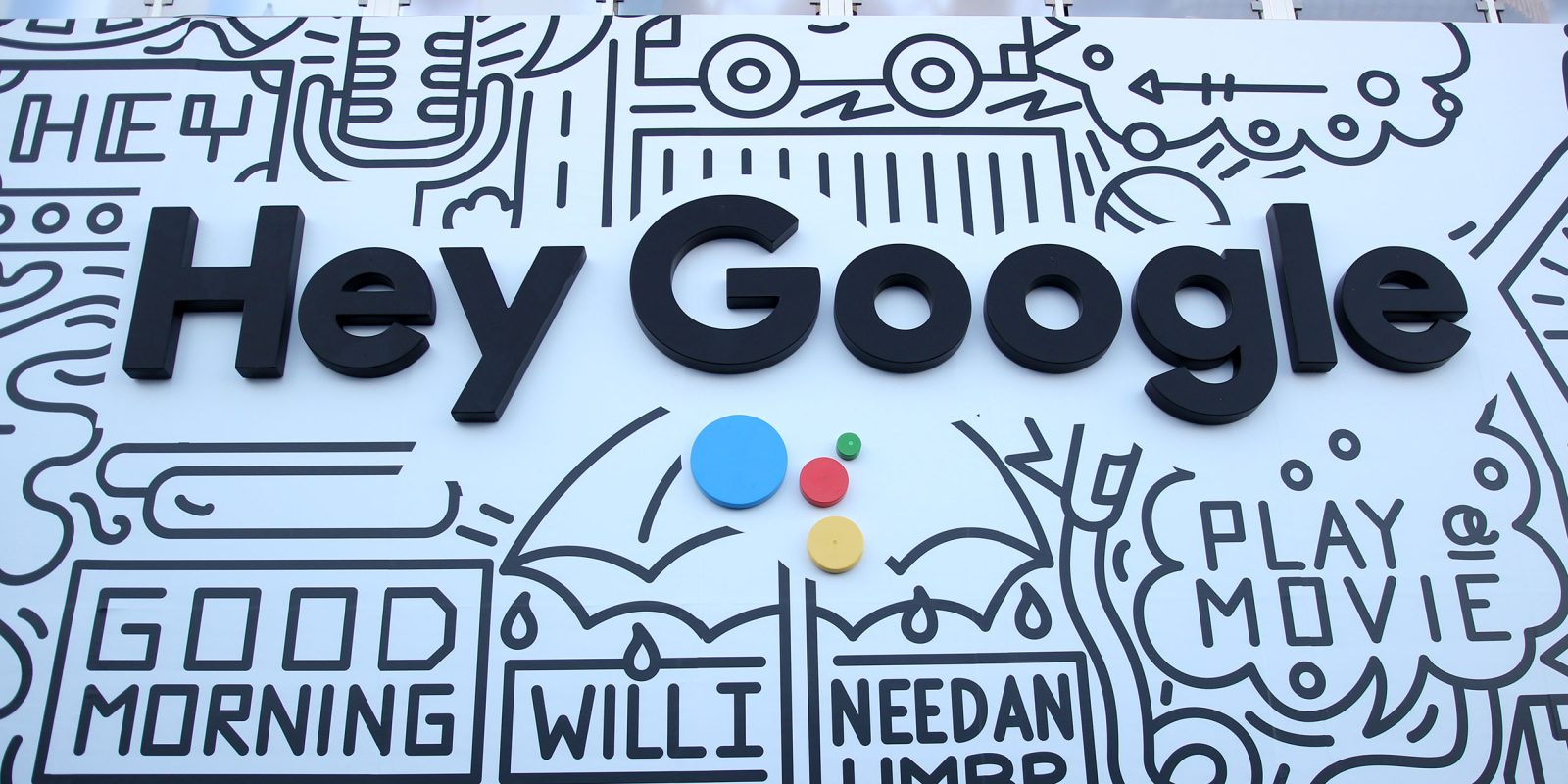
At the end of each year, Google mails out 1099-misc tax forms for everyone who earns money from AdSense — including to 9to5Google, just like most publications on the web. This year, though, Google is seemingly reporting incorrect amounts to the IRS than they actually paid out…
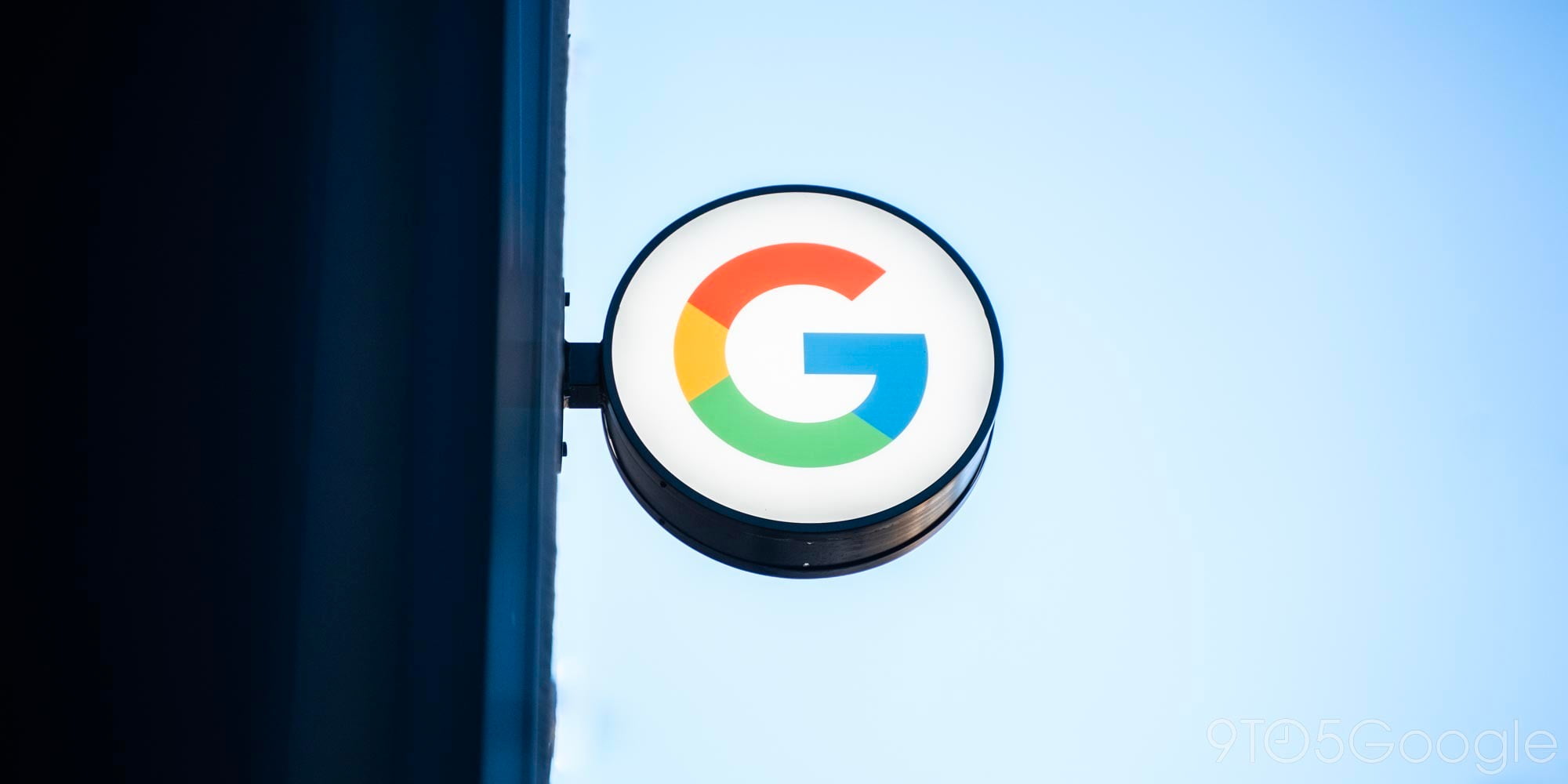
The confluence of several different events – the great shift to mobile computing where there’s little screen real-estate, a spurning of display ads, to name just two – is causing content creators and consumers alike to rethink how today’s media gets funded. Sites like Patreon and Kickstarter remove the middle-man from the funding process for projects which require lots of upfront investment and see slow development times by allowing anyone to contribute any amount of money they want to a project’s development.
Google last year threw its own hat into the crowdfunding space with the soft launch of Contributor, a way through which consumers can pay a monthly recurring donation to fund the sites they visit while seeing less ads. Now anyone in the United States can actually use it starting today.
Expand
Expanding
Close


Sometimes you want to know how much money you made on Google Adsense ads, but don’t have time to go look at your phone/tablet/computer. Fret not, Google Glass wearers. As SearchEngineLand points out, there is a Google Glass Adsense app that can be sideloaded onto Google Glass headgear to do just that. Developer Chad Smith announced the App, which is hosted at Github.
The Glass AdSense App will show you pageviews, clicks, click through rate and earnings for today, yesterday, last seven days, last thirty days, this month and last month. You can refresh the stats as often as you like and of course, you’d need to “pin” the card to your timeline so that you can access it.

While the market response to Google’s quarterly earnings seems to have been lukewarm, the stock price dipping in after-hours trading and at least six analysts lowering their price targets after the company came in slightly under Wall Street expectations, Warwick Business School Associate Professor John Baptista says that the modest performance is a ‘blip’.
Bapista, who has researched the company for many years, said that although Google’s ad revenues have suffered as traffic shifts from the desktop to mobile devices (something Google wasn’t slow to address), the real growth in the future will be in the cloud, with Google ideally placed to benefit …
Expand
Expanding
Close

(Not an ad, The +1 button and recommendations will appear at the bottom of display ads.)
In October, Google will make the ability for AdSense publishers to incorporate +1 buttons into display ads public. For example, if someone sees an ad that offers something they enjoy, they can click the +1 button to share with their friends they like it. If their friends and contacts are logged in, they will see their friends who have +1 the ad (as seen above).
This new addition to advertising is bound to spark much more relevance in ads, and actually make them more enjoyable for users. Users can see what their friends enjoy, and in the end they will probably like it too. As always, if AdSense publishers don’t want a +1 button on their ad, they can opt out.


Using their Content ID feature, YouTube can match song covers to a publisher to enable them to make money from a video they didn’t publish. Today to help Content ID along, YouTube announced they landed agreements with National Music Publishers Association (NMPA) and its subsidiary Harry Fox Agency (HFA). Today’s agreement will give YouTube another 46,000 more songs to match ads to. YouTube currently also has agreements with many more publishers.
Going forward, the 46,000 music publishers already affiliated with HFA will be able to license the musical compositions they represent for use by the YouTube community. When these publishers allow YouTube to run ads alongside user generated videos that incorporate their compositions, the publishers, and the songwriters they represent, can make money.
Some users don’t agree with Google/YouTube’s decision to place ads on content that they made — such as a cover of a song. The user isn’t actually using the artist’s song, per-say, but using their own voice..and they don’t get to make a cent from it.
Expand
Expanding
Close